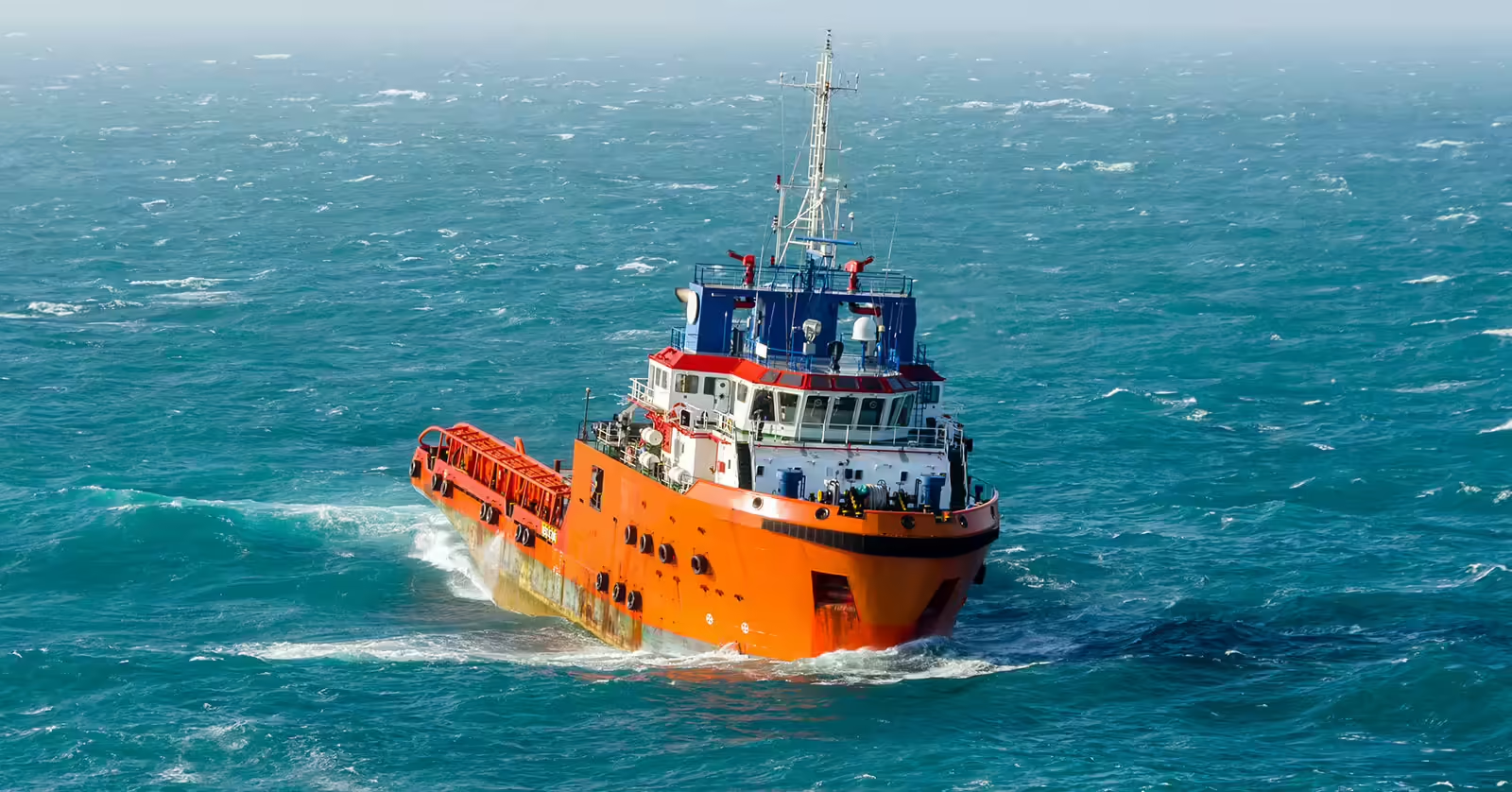What Maritime Workers Should Expect from Their Employers
September 1, 2022

Many maritime workers have incredibly dangerous jobs. They often put their lives on the line to help keep our country and its economy running. Despite the risks, many maritime workers are not treated fairly by their employers. If you are a maritime worker, it is important to know your rights and what you can expect from your employer.
The Louisiana Association of Business and Industry (LABI) reports that “An estimated one in five jobs in Louisiana is connected to the maritime industry, resulting in employment income of more than $3.5 billion every year. In fact, the maritime industry has an $11 billion total annual economic impact in the state, and Louisiana is the only state to post more than $10 billion in total gross economic output directly related to its maritime industry… Louisiana is the top employer of captains, mates, pilots of water vessels, sailors, marine oilers, and ship engineers. Louisiana ranks second in the number of crane and tower operators and third in tank car, truck, and ship loaders… Wages in Louisiana in marine positions are frequently above average. The average mean wage in Louisiana for captains, mates, and pilots is $82,610, which is higher than the national average for these positions ($75,580). Louisiana employs ship engineers at a rate 12 times higher than the rest of the country, and the annual mean wage is $84,530 – significantly higher than the national average of $75,650.”
What can Louisiana’s Maritime Workers Expect from Their Employers?
First and foremost, maritime workers can expect their employers to prioritize safety over everything, including profits. Maritime safety refers to the process of implementing international, national, and state rules with the objective of minimizing risks to people (crew, passengers), property (ships, cargoes, containers), and the environment. Shipping is one of the riskiest industries in the world. Implementing a safety climate positively influences employees’ safety behaviors. When the top management lacks safety commitment, the effectiveness of training and motivation will invariably decline. If you are working for a company that does not value or promote a safety culture, you should see this as a major red flag.
Secondly, if a maritime worker is injured, their employer should ensure the employee receives all the medical treatment they need to recover. This is especially true for Jones Act seamen. Under general Maritime Law, an employer has an obligation to provide its injured employee with “maintenance and cure.” This is not an option. This is not a gift. Injured seamen are entitled to these benefits.
What is Maintenance?
Maintenance is money that your employer is obligated to pay you if you’re injured while working offshore. The amount that your employer pays you is dependent on how much your room and board is on the vessel. Maintenance typically includes:
- costs for your lodging
- food
- monthly bills while you are injured
What is Cure?
Cure is payment for the medical expenses related to your injury. Your employer should be paying for your medical expenses, whether you use a company doctor or your own personal doctor. You get to choose your doctor. Your company may try to suggest a doctor, but you are not required to see the doctor your employer recommends.
What Medical Treatment is Covered Under Cure?
- Medical examinations
- Tests (X-rays, MRI, CT scan);
- Other hospital services;
- Surgeries;
- Epidural steroid injections;
- Physical therapy;
- Prescription medication;
- Physician services;
- Travel expenses;
- Emergency services; and
- Home healthcare.
What Should I Do If I Was Injured Working as A Maritime Worker?
If you are an injured worker while working offshore, you should learn more about what a maritime lawyer can do for you. First, you should refrain from giving any recorded statements to insurance adjusters and risk managers (however, you should notify your employer immediately regarding the fact that you were injured). Also, you should not sign any documents until after you have given them to your maritime lawyer for review and they have given you the ok to sign.
Be wary of anything your employer asks you to do. Place your trust in yourself and your attorney, not in the insurance company, your employer, or the person/company responsible for your injuries.
If you are being pressured to do something before you are given the opportunity to hire an attorney (some claims adjusters and risk managers are known to chase the ambulance or helicopter to the hospital so they can put pressure on the injured maritime workers and get him or her to sign documents. Almost always, the documents the injured maritime worker signs limit their rights. For that reason alone, if you find yourself in a similar situation, you should tell the adjuster or risk manager that you wish to contact an attorney for advice before signing or doing anything. If you or a loved one is an injured worker, you should contact our experienced maritime injury attorneys at Morrow & Sheppard LLP. We will evaluate your injury claim and guide you through the litigation process. If you would like to learn and preserve your legal rights, please call us toll-free at 800-489-2216 or by completing our online contact form.
Daniel Sheppard is licensed to practice personal injury law in Texas and Louisiana. Daniel takes pride in providing exceptional service to clients who were seriously hurt on the job and brings his relentless work ethic into the office and the courtroom. Learn more about Daniel.
- Home
- |
- Maritime Injuries
- |
- What Maritime Workers Should Expect...
















































